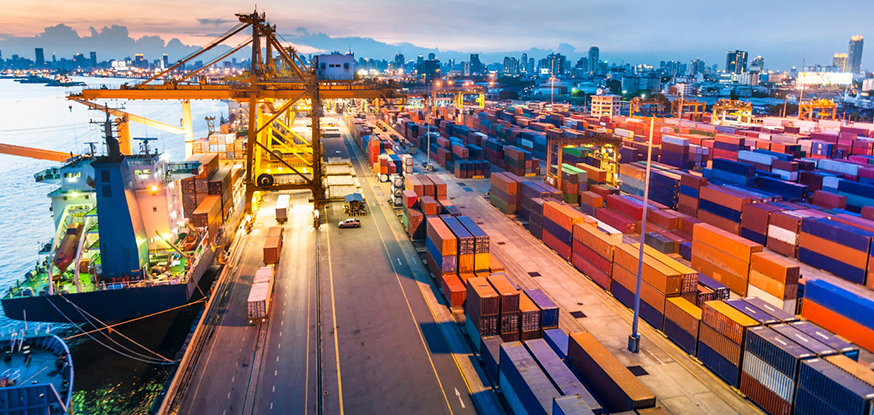The Dutch city of Rotterdam has announced that it is partnering with IBM to develop and deploy Internet of Things technologies that will be used in preparation for autonomous shipping in the city.
The Port of Rotterdam Authority confirmed that it has agreed on a multi-year digitization initiative in an effort to transform and overhaul the port's operational environment by applying IBM's cutting-edge technology.
The ambitious initiative aims to prepare the port's entire 42 Km site to host connected ships as it accelerates its efforts to become the world's smartest port. It has also been disclosed that Cisco and Axiana are also involved in the project.
The project will entail the development of a centralized dashboard application that will be utilized to collect and process real-time water, (hydro) weather, sensor and communication data which will be subsequently subjected to analytical examination by IBM's Internet of Things technologies. Those behind the initiative firmly believe that this will enable a new wave of safer and more efficient traffic management at Rotterdam Port.
Chief Financial Officer at the Port of Rotterdam Authority, Paul Smits said the new port will serve as an example to other ports across the world and will represent the shipping of the future.
He said, "Here in Rotterdam, we are taking action to become the smartest port in the world. Speed and efficiency are essential to our business and require us to use all of the data available to us. Thanks to real-time information about infrastructure, water and air, we can enormously improve the service we provide to everyone who uses the port, and prepare to embrace the connected, autonomous shipping of the future."
Rotterdam is Europe's largest port and handles over 461 million tons of cargo and over 140,000 vessels on a yearly basis. Prior to the port authorities embracing technology, it relied on traditional radio and radar communication to make the key decisions on port operations.
The digital transformation of the port will oversee sensors being installed right across the 42 Km of land and sea spanning from the city of Rotterdam into the North Sea. The sensors will be used to gather multiple varieties of data ranging from hydro and weather data that convey real-time information on tides, currents, temperature, wind speed and direction.
All the data accumulate will be analyzed forensically by IBM's cloud-based IoT technologies which will in turn be used to help port authorities make key decisions that will ultimately reduce waiting times and determine optimal times for ships to dock. For example, it will now be able to predict the best time, based on water level, to have a ship arrive and depart Rotterdam, ensuring that the maximum amount of cargo is loaded on board.

